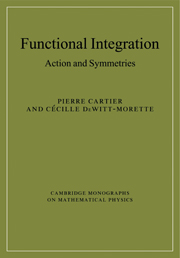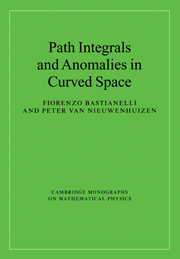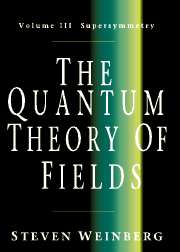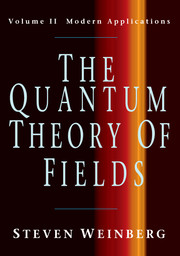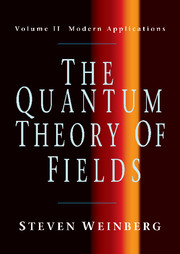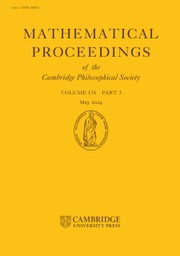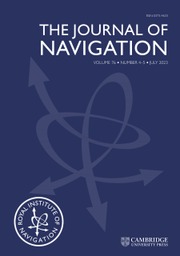Functional Integration
Functional integration successfully entered physics as path integrals in the 1942 PhD dissertation of Richard P. Feynman, but it made no sense at all as a mathematical definition. Cartier and DeWitt-Morette have created, in this book, a fresh approach to functional integration. The book is self-contained: mathematical ideas are introduced, developed, generalised and applied. In the authors' hands, functional integration is shown to be a robust, user-friendly and multi-purpose tool that can be applied to a great variety of situations, for example: systems of indistinguishable particles; Aharonov–Bohm systems; supersymmetry; non-gaussian integrals. Problems in quantum field theory are also considered. In the final part the authors outline topics that can be profitably pursued using material already presented.
- A mathematician and a physicist, with a mutual interest in each other's disciplines, use their complementary interests and expertise to illuminate the powerful technique of functional integration
- Functional integration is applied to a great variety of systems and shown to be a robust, user-friendly and multipurpose tool
- Suitable for graduate theoretical physicists wanting to deepen their understanding of the functional integration technique
Reviews & endorsements
Review of the hardback: '…will be helpful for those mathematicians who are interested in physical applications of the general theory of measure (theory of integrals) and for the physicists who are interested in mathematically rigorous formulations of complicated problems in quantum physics.' Zentralblatt MATH
Review of the hardback: '…for someone who is interested in the mathematical foundations or merely curious to see some of the deep insight of two true experts, Cartier and DeWitt-Morette's book is well worth reading.' Physics Today
Product details
June 2010Paperback
9780521143578
480 pages
244 × 170 × 25 mm
0.76kg
Available
Table of Contents
- Acknowledgements
- List symbols, conventions, and formulary
- Part I. The Physical and Mathematical Environment:
- 1. The physical and mathematical environment
- Part II. Quantum Mechanics:
- 2. First lesson: Gaussian integrals
- 3. Selected examples
- 4. Semiclassical expansion: WKB
- 5. Semiclassical expansion: beyond WKB
- 6. Quantum dynamics: path integrals and operator formalism
- Part III. Methods from Differential Geometry:
- 7. Symmetries
- 8. Homotopy
- 9. Grassmann analysis: basics
- 10. Grassmann analysis: applications
- 11. Volume elements, divergences, gradients
- Part IV. Non-Gaussian Applications:
- 12. Poisson processes in physics
- 13. A mathematical theory of Poisson processes
- 14. First exit time: energy problems
- Part V. Problems in Quantum Field Theory:
- 15. Renormalization 1: an introduction
- 16. Renormalization 2: scaling
- 17. Renormalization 3: combinatorics
- 18. Volume elements in quantum field theory Bryce DeWitt
- Part VI. Projects:
- 19. Projects
- Appendix A. Forward and backward integrals: spaces of pointed paths
- Appendix B. Product integrals
- Appendix C. A compendium of gaussian integrals
- Appendix D. Wick calculus Alexander Wurm
- Appendix E. The Jacobi operator
- Appendix F. Change of variables of integration
- Appendix G. Analytic properties of covariances
- Appendix H. Feynman's checkerboard
- Bibliography
- Index.

